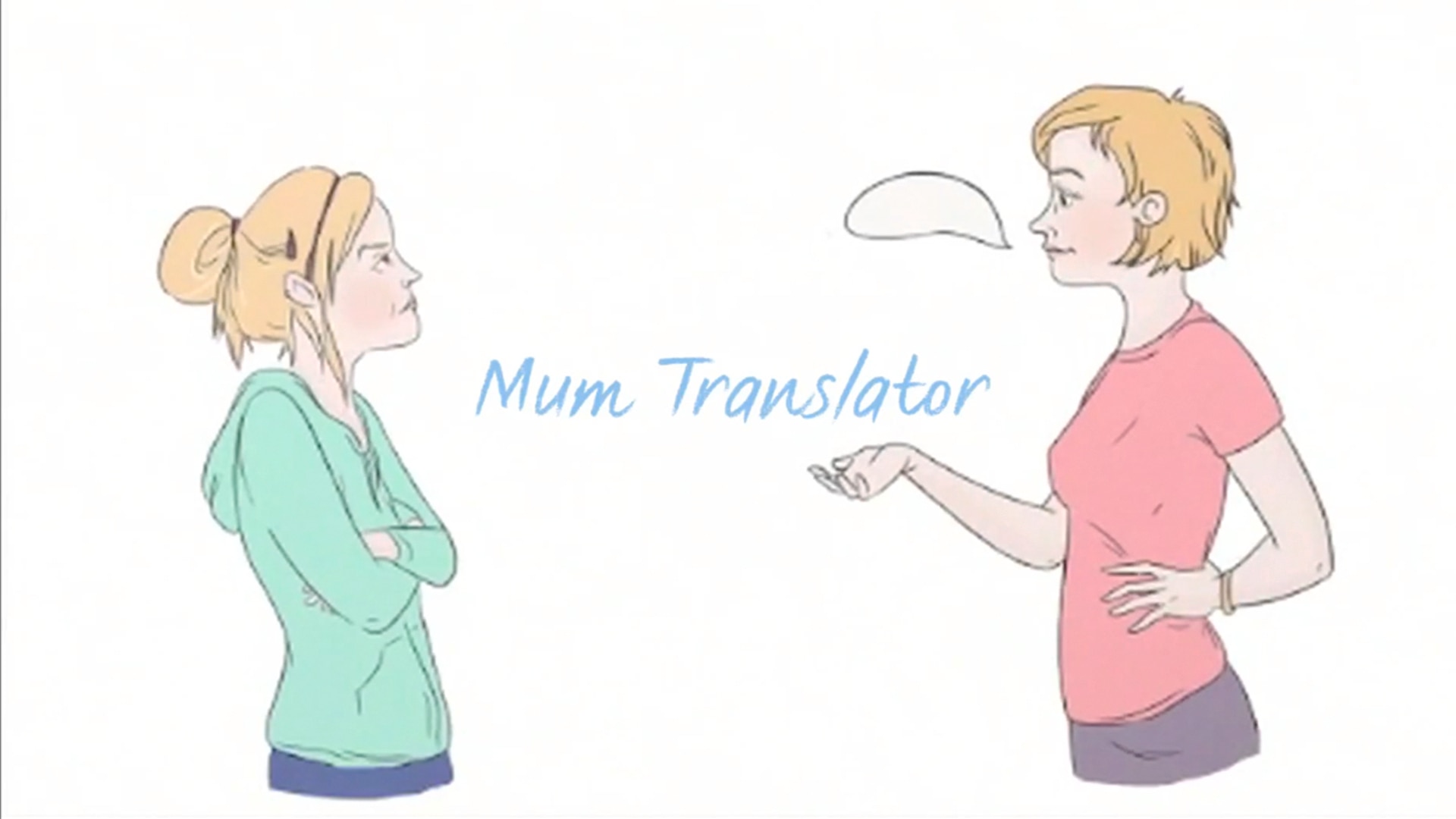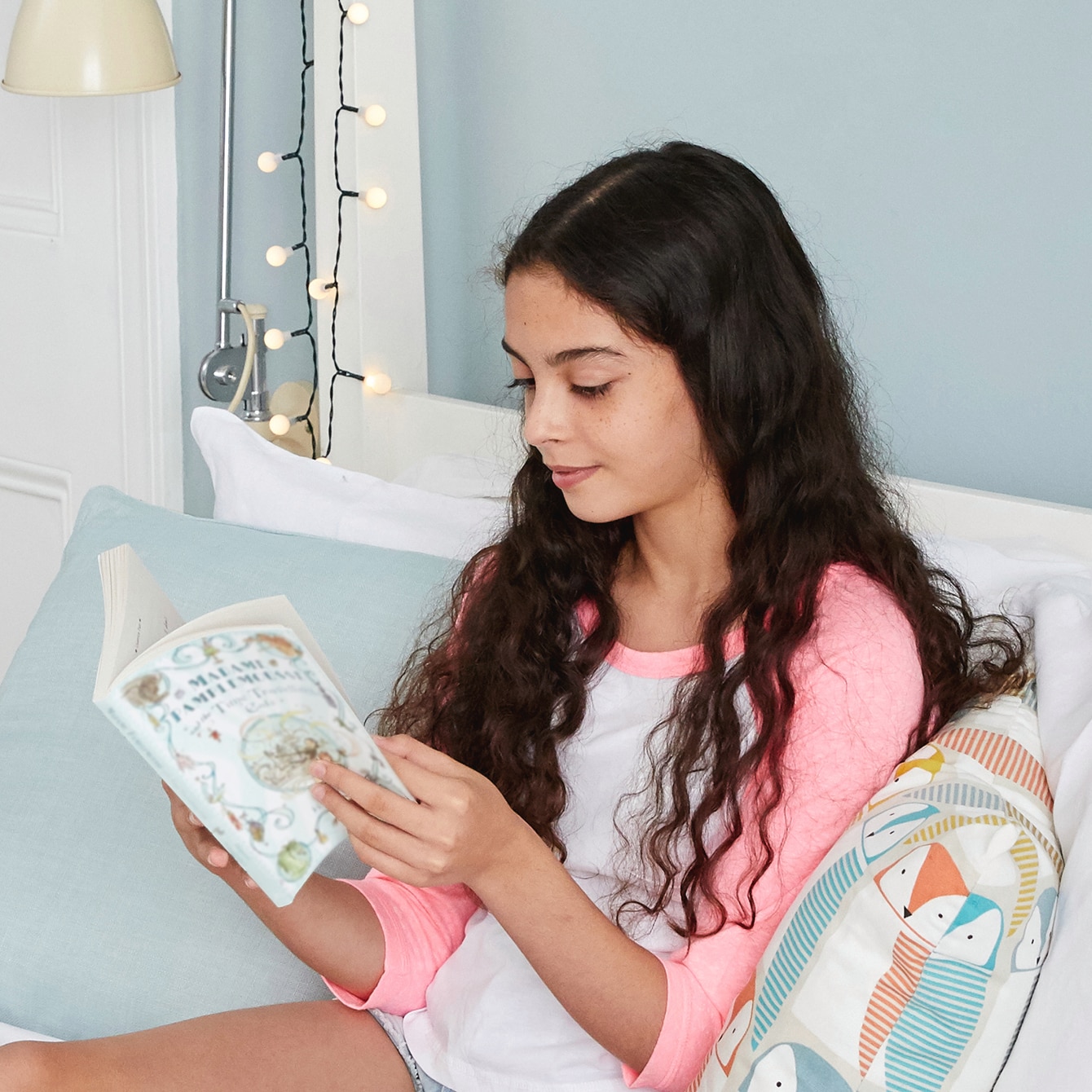Ever feel like you’re talking to your child in a different language? Then try using our action checklist – it might not teach you to be fluent in ‘teenager’, but it will definitely help you speak a language you can both understand.
The miscommunication minefield
How is it that you and your child fall out over the smallest things? Why do they take your well-intentioned comments the wrong way? Talking to young people can be a tricky business and miscommunication is common.
"We generally get on pretty well," says Anne, mum of 13-year-old Sarah. "But I sometimes find that if I'm distracted and not giving the conversation my full attention, that's when we start miscommunicating."
Talking in 'teenager'
Young people tend to be hypersensitive and may be suspicious of some of the things you say. Even a compliment or simple observation can be taken the wrong way, leaving you feeling like you can’t say anything right. Try not to take it personally, growing up can be tricky, and it can take time and patience to improve communication.
So how can you give a compliment your child genuinely appreciates? And how can you offer advice without it turning into an argument?
How to improve communication
Every relationship requires a special way of communicating. By being specific, signalling first and taking the time to talk, you'll help your child understand what you actually mean when you comment on their outfit or hairstyle, avoiding the miscommunication that can damage their body confidence.
Use our action checklist, and you should find that talking to your child gets much easier.
To protect privacy we've changed the names of people whose stories we tell on these pages, but their stories are genuine.
Here are some helpful strategies offered by cognitive researcher and psychologist Dr Nancy Etcoff:





